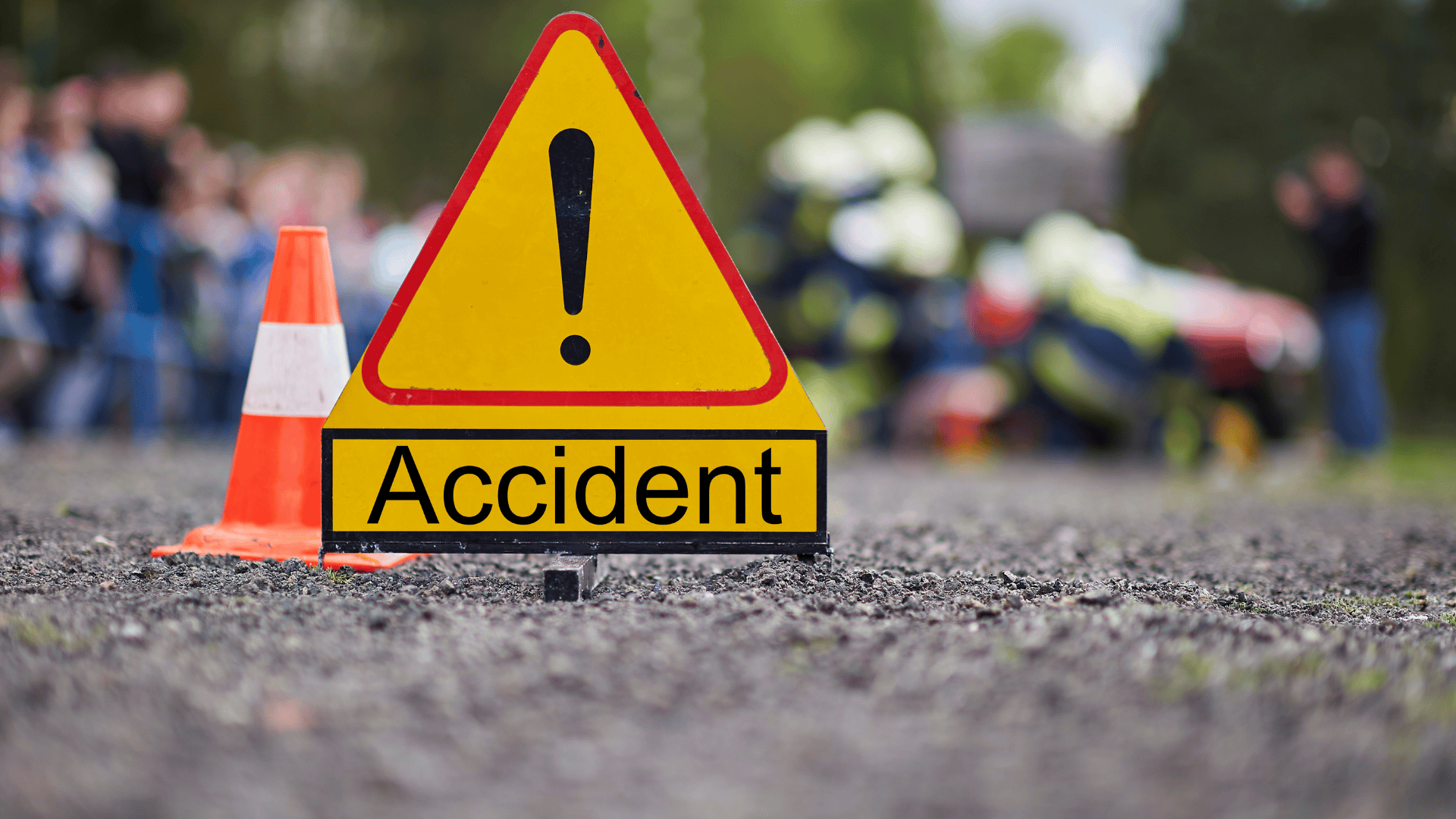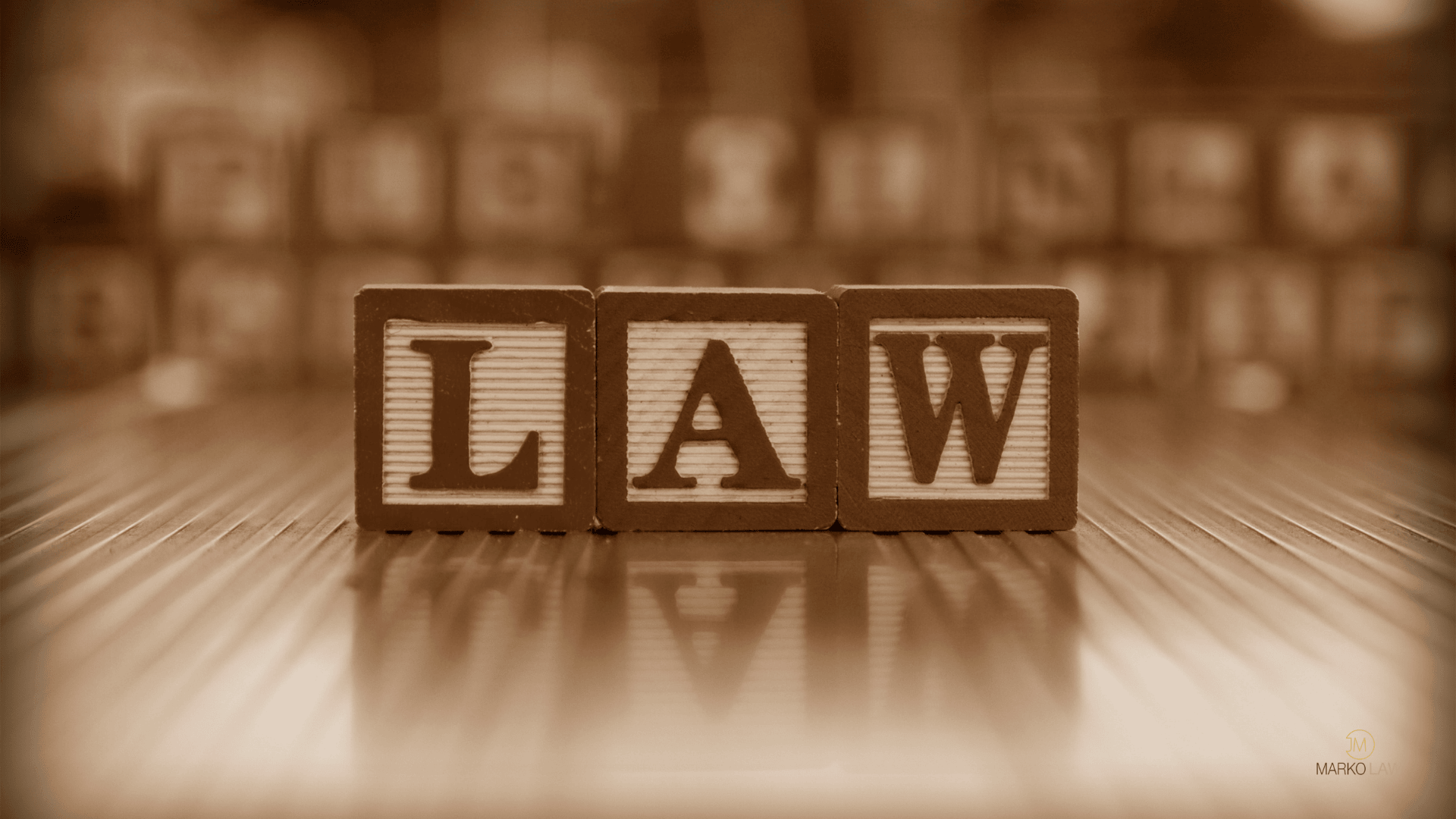Lake St. Clair. The Detroit River. Belle Isle. These places are meant for escape—sunlight sparkling off the water, waves lapping the side of a boat, laughter carried on the wind. Whether it’s a Saturday fishing trip or a holiday jet ski ride, the water should bring peace, not pain.
But for too many Detroiters, a day on the lake turns tragic in an instant.
Maybe your boat was t-boned by another vessel speeding through a no-wake zone. Maybe a loved one was thrown from a jet ski that was rented with no safety instruction. Maybe an overcrowded party boat capsized under faulty equipment or a drunk operator.
These aren’t freak accidents. They’re preventable tragedies. And when someone’s negligence disrupts your life, you have the right to fight back.
Boating in Michigan isn’t a free-for-all. There are strict state laws regulating who can operate watercraft, how fast they can go, and how safety must be maintained. When someone violates those laws and causes injury, they can be held legally and financially accountable.
At Marko Law, we know what it takes to bring justice back to shore. We’ve stood up for victims of boating negligence—against reckless drivers, careless rental companies, and corporate event planners who put profits before people.
Who Can Be Held Legally Responsible?
Boat Operators
Reckless or inexperienced drivers are the leading cause of boating accidents across Michigan. If someone:
- Speeds through crowded areas
- Operates a boat while drunk or high
- Ignores basic navigation rules
- Fails to watch for swimmers, kayakers, or other small crafts
—they may be personally liable for the damage and injuries they cause.
Boat Owners
You don’t have to be driving to be responsible. If an owner:
- Loans a boat to someone unlicensed or clearly reckless
- Fails to maintain critical systems like steering or braking
- Ignores manufacturer recalls or safety updates
—they can be held liable for negligent entrustment or failure to maintain a safe vessel.
Rental Companies
Detroit’s waterways see heavy use from tourists and locals renting boats, jet skis, and pontoons. But these companies are legally obligated to:
- Inspect their equipment for safety
- Provide life vests and basic safety gear
- Train renters on how to operate the craft safely
If they skip those steps—and someone gets hurt—they can and should be held accountable.
Event Organizers
Party boats, regattas, corporate outings—they’re fun until someone gets hurt. If the people planning these events:
- Overcrowd a vessel
- Fail to provide lifeguards or supervision
- Ignore weather warnings or intoxicated guests
—they could be found negligent in their planning and oversight.
Manufacturers
Sometimes the problem starts at the factory. Defective steering, malfunctioning engines, or faulty safety features can all lead to disaster. In those cases, the manufacturer of the boat or equipment may be liable under product liability laws.
Michigan Boating Laws You Should Know
Boating Under the Influence (BUI)
Operating a boat while drunk or high is illegal—and just as dangerous as driving a car under the influence.
- Michigan law prohibits boating with a blood alcohol content (BAC) of 0.08% or higher
- BUI charges can apply to both motorized and non-motorized vessels (yes, even jet skis and sailboats)
- Intoxicated boaters can face civil liability if they cause injury or death—meaning victims can sue for damages
If the person operating the boat that injured you was intoxicated, it’s not just a criminal issue—it’s a legal opening for a strong personal injury claim.
Life Jackets, Safety Equipment & Licensing
Michigan requires all boats to carry:
- U.S. Coast Guard-approved life jackets for each person on board
- Fire extinguishers, signaling devices, and navigation lights
- Certain vessels must be operated by licensed or certified drivers
If a boat lacked the required gear—or the operator wasn’t properly trained—the owner or rental company may be liable for negligence.
Comparative Fault in Michigan
Here’s some good news: You can still seek compensation even if you were partially at fault.
Michigan follows a modified comparative fault rule. That means:
- If you’re less than 50% at fault, you can still recover damages—though they may be reduced
- If the other party is mostly responsible, they’re still on the hook for your injuries
So don’t let anyone tell you it was “partly your fault, so you have no case.” That’s simply not true under Michigan law.
What to Do Immediately After a Boating Accident
Call for Emergency Help
If there are injuries, capsized vessels, or anyone missing, call 911 or the U.S. Coast Guard immediately. On Michigan waters like Lake St. Clair and the Detroit River, local marine police or fire rescue units may also respond.
Your safety comes first—and so does creating an official record of what happened.
Get Medical Attention—Even for “Minor” Injuries
Boating injuries can be deceptive. Adrenaline masks pain, and cold water can cause delayed symptoms like hypothermia or internal trauma. Seek medical care right away, even if you think you’re okay.
Besides protecting your health, this step helps document your injuries, which is critical for any future legal claim.
Document the Scene
If it’s safe to do so, gather as much evidence as you can:
- Photos of the boats, damage, and surrounding conditions
- GPS location of the crash
- Time of day and weather/water conditions
- Visible injuries or hazards (e.g., no life jackets, damaged vessel parts)
Boating accidents don’t leave behind tire marks or street cams. Your phone could be the strongest piece of evidence you have.
Get Witness and Operator Info
Make sure to collect:
- Names, phone numbers, and addresses of all boat operators
- Boat registration or license numbers
- Names and contact info of witnesses (including passengers, other boaters, or bystanders)
If someone saw what happened, their testimony could help prove fault.
File a Boating Accident Report
Michigan law requires an official boating accident report to be filed if:
- Someone is injured or killed
- There is property damage over $2,000
- A vessel is lost or someone disappears from the boat
This report is filed through the Michigan Department of Natural Resources (DNR) or U.S. Coast Guard, and it becomes key evidence in your case.
Do Not Talk to Insurance Companies Alone
You may be contacted quickly by insurers—yours or the other party’s. Don’t give statements or accept quick settlements. Their job is to limit payouts, not help you heal.
Before signing anything or giving a recorded statement, speak to an experienced boating accident attorney.
What Kind of Compensation Can You Seek?
Medical Bills
From the moment of injury to long-term recovery, your medical expenses can stack up quickly:
- ER visits and ambulance transport
- Hospital stays and surgeries
- Physical therapy and rehabilitation
- Prescription medications
- Long-term care or follow-up visits
Lost Wages or Income
Serious injuries can mean time off work—or the end of your career as you knew it. You can seek compensation for:
- Missed paychecks during recovery
- Lost bonuses, tips, or commissions
- Reduced earning capacity if you can’t return to your previous job
Pain and Suffering
This isn’t just about physical pain—it’s about everything the injury took from you.
- Daily discomfort
- Interrupted sleep or limited mobility
- Inability to enjoy activities like swimming or boating
- Chronic conditions or long-term disabilities
Permanent Disability or Disfigurement
Some boating accidents leave permanent marks—both visible and invisible:
- Spinal cord injuries or amputations
- Severe burns or lacerations
- Facial scars or disfigurement
- Long-term neurological damage
Emotional Trauma and PTSD
Even after your body heals, the psychological scars can remain:
- Nightmares or flashbacks
- Fear of water or open spaces
- Anxiety, depression, or panic attacks
- Survivor’s guilt in fatal incidents
Property Damage
Was your boat, jet ski, or gear damaged in the crash? You may be entitled to reimbursement for:
- Vessel repair or replacement
- Lost fishing or recreational equipment
- Personal belongings that were destroyed
Wrongful Death Damages
If you lost a loved one in a boating accident, your family may have grounds for a wrongful death lawsuit. You can seek compensation for:
- Funeral and burial costs
- Loss of companionship and support
- Lost income the deceased would have provided
- Emotional suffering for surviving family members
The Water Isn’t Lawless—And You’re Not Powerless
Boating accidents aren’t just part of the risk of being on the water—they’re often the result of someone’s careless, reckless, or outright illegal behavior. Whether it’s a drunk jet skier, a negligent rental company, or a poorly maintained vessel, these injuries are preventable—and they demand accountability.
At Marko Law, we don’t see you as just another case file. We see the pain. We see the disruption to your life. And we see the opportunity to fight for something better.
We’ve taken on careless boat operators, corporate rental outfits, and big insurers—and we don’t back down. If someone failed you on the water, we’re ready to hold them responsible on land.
Contact Marko Law for a Free Case Evaluation
📞 Phone: 1-833-MARKO-LAW or +1 313-777-7777
📍 Main Office: 220 W. Congress, 4th Floor, Detroit, MI 48226
🌐 Website: www.markolaw.com









.svg)








